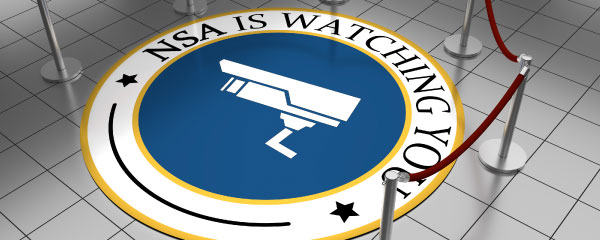“The most sacred thing is to be able to shut your own door.”
― G.K. Chesterton
“For if we are observed in all matters, we are constantly under threat of correction, judgment, criticism, even plagiarism of our own uniqueness. We become children, fettered under watchful eyes, constantly fearful that — either now or in the uncertain future — patterns we leave behind will be brought back to implicate us, by whatever authority has now become focused upon our once-private and innocent acts. We lose our individuality, because everything we do is observable and recordable.”
[The Eternal Value of Privacy, May 18, 2006]”
― Bruce Schneier
“Every time I do an interview people ask similar questions, such as “What is the most significant story that you have revealed?” […] There really is only one overarching point that all of these stories have revealed, and that is–and I say this without the slightest bit of hyperbole or melodrama; it’s not metaphorical and it’s not figurative; it is literally true–that the goal of the NSA and it’s five eyes partners in the English speaking world–Canada, New Zealand, Australia and especially the UK–is to eliminate privacy globally, to ensure that there could be no human communications that occur electronically, that evades their surveillance net; they want to make sure that all forms of human communications by telephone or by Internet, and all online activities are collected, monitored, stored and analyzed by that agency and by their allies.
That means, to describe that is to describe a ubiquitous surveillance state; you don’t need hyperbole to make that claim, and you do not need to believe me when I say that that’s their goal. Document after document within the archive that Edward Snowden provided us declare that to be their goal. They are obsessed with searching out any small little premise of the planet where some form of communications might take place without they being able to invade it.”
― Glenn Greenwald
“Everyone has the right to freedom of opinion and expression; this right includes freedom to hold opinions without interference and to seek, receive and impart information and ideas through any media and regardless of frontiers.”
― United Nations, Universal Declaration of Human Rights
“Not enough people know or understand just how little freedom we have left.”
― Korban Blake
“There will come a time when it isn’t ‘They’re spying on me through my phone’ anymore. Eventually, it will be ‘My phone is spying on me’.”
― Philip K. Dick
“Before Sept. 11, the idea that Americans would voluntarily agree to live their lives under the gaze of a network of biometric surveillance cameras, peering at them in government buildings, shopping malls, subways and stadiums, would have seemed unthinkable, a dystopian fantasy of a society that had surrendered privacy and anonymity.”
― Jeffrey Rosen









